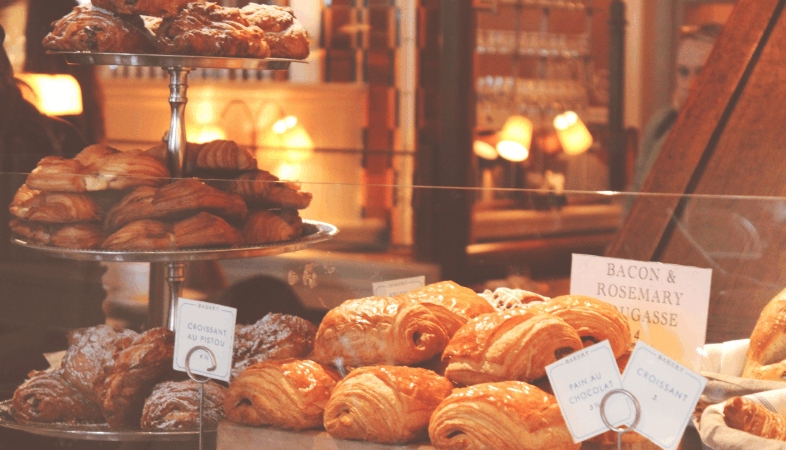Blockchain in HoReCa: Fostering Transparency in Stewarding Practices
By embracing blockchain technology, HoReCa stakeholders can foster trust, efficiency, and sustainability in stewarding practices, ultimately delivering a better experience for...

Blockchain technology has emerged as a transformative force
across various industries, including the hospitality sector. In the realm of HoReCa
(Hotel, Restaurant, and Catering), blockchain offers unique opportunities to
enhance transparency and efficiency in stewarding practices. This article
explores the potential of blockchain technology in revolutionizing stewarding
operations within the HoReCa industry, visualizing how it can bring
transparency and accountability to supply chains, inventory management, and
food safety protocols.
1. Transparent Supply Chains:
One of the key benefits of blockchain technology in HoReCa is its ability to create transparent and traceable supply chains. By leveraging blockchain, stakeholders can track the journey of food and beverage ingredients from farm to table, ensuring visibility into sourcing practices, transportation routes, and handling procedures. This transparency not only builds trust with consumers but also helps HoReCa establishments verify the authenticity and quality of their ingredients.
2. Efficient
Inventory Management:
Blockchain technology can streamline inventory management processes within HoReCa establishments, improving accuracy and reducing operational costs. Through blockchain-enabled systems, inventory data such as stock levels, expiration dates, and procurement history can be securely recorded and updated in real-time. This visibility into inventory data allows for more efficient stock replenishment, waste reduction, and proactive management of supply chain disruptions.
3. Enhanced Food
Safety Protocols:
Food safety is a top priority in the HoReCa industry, and blockchain technology can play a critical role in improving food safety protocols. By recording every step of the food production and distribution process on a blockchain ledger, HoReCa establishments can quickly trace the origin of ingredients in the event of a foodborne illness outbreak or contamination issue. This traceability enables swift recalls and minimizes the impact on public health.
4. Preventing Food
Fraud:
Blockchain technology provides a robust mechanism for preventing food fraud and counterfeit products within the HoReCa supply chain. By creating immutable records of transactions and product provenance, blockchain enables stakeholders to verify the authenticity and integrity of food and beverage products. This transparency helps HoReCa establishments protect their brand reputation and ensure compliance with food safety regulations.
5. Facilitating Smart
Contracts:
Smart contracts, which are self-executing contracts with predefined terms written into code, can automate and streamline various processes in HoReCa stewarding operations. For example, smart contracts can be used to automatically trigger reorders when inventory levels reach a certain threshold, enforce payment terms between suppliers and HoReCa establishments, and manage agreements with food delivery vendors. By reducing the need for manual intervention, smart contracts save time and reduce the risk of errors or disputes.
6. Improving
Sustainability Practices:
Blockchain technology can also support sustainability initiatives within the HoReCa industry by providing transparent insights into environmental impact metrics such as carbon emissions, water usage, and waste generation. By tracking sustainability data on a blockchain platform, HoReCa establishments can identify areas for improvement, set measurable goals, and demonstrate their commitment to eco-friendly practices to consumers and stakeholders.
Blockchain technology holds immense potential for transforming stewarding practices within the HoReCa industry. From creating transparent supply chains to enhancing food safety protocols and facilitating smart contracts, blockchain can revolutionize the way HoReCa establishments manage their operations. By embracing blockchain technology, HoReCa stakeholders can foster trust, efficiency, and sustainability in stewarding practices, ultimately delivering a better experience for consumers and driving industry innovation.
.png)












.jpg)
.jpg)















